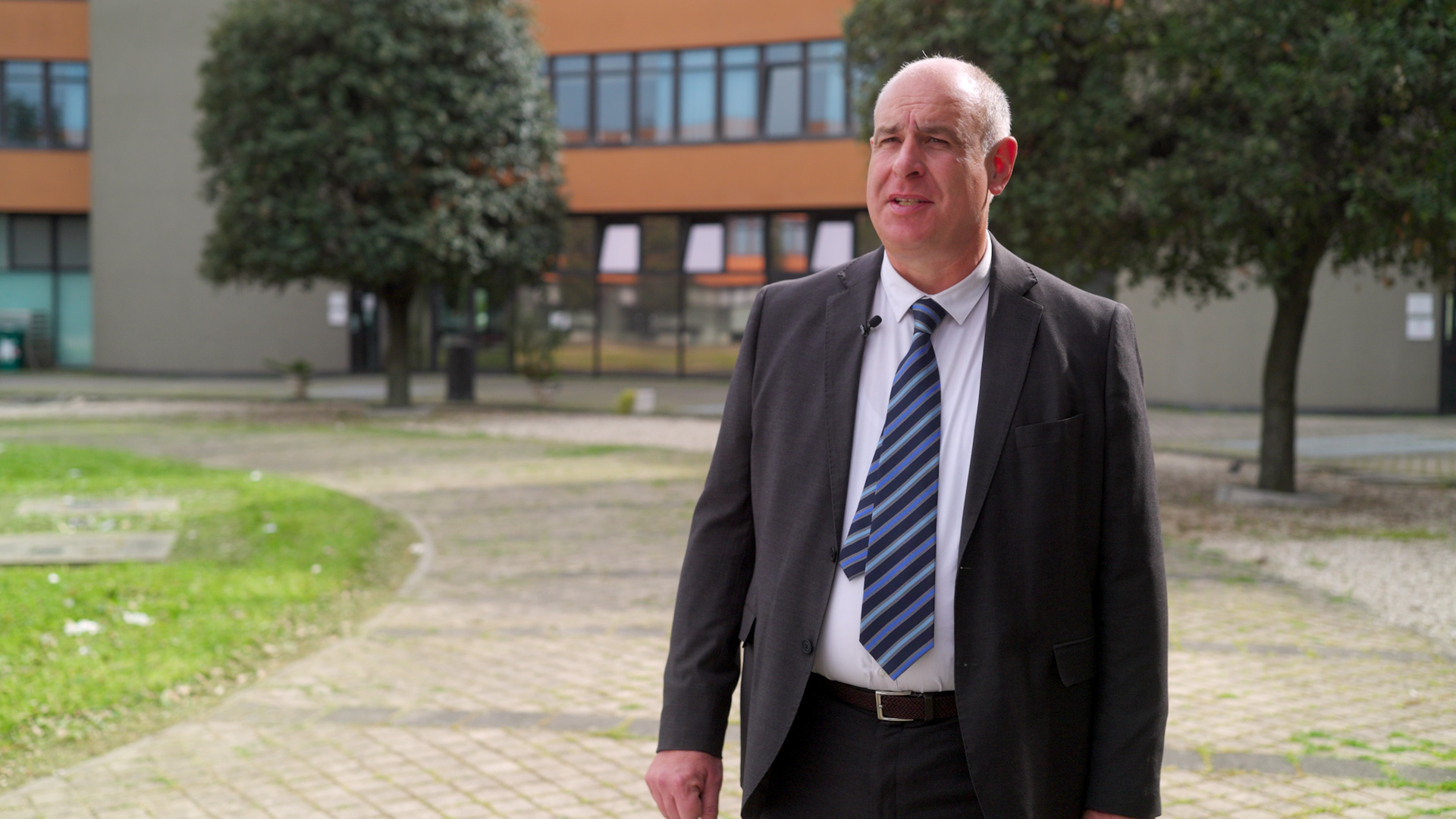
The healthcare agency of the Italian province of Romagna has developed a comprehensive approach to energy efficiency across dozens of buildings, combining European, national and regional funds, as well as private investments, to achieve staggering results.
‘The main scope of our Energy Action Plan (the Piano Energetico AUSL Romagna, or Project PEAR) is cutting down emissions across our entire building assets (more than 50 main buildings of which 13 hospitals): to achieve this, we adopted a systematic approach, integrating energy efficiency, renewable energy and sustainable mobility, combining every available funding source and raising the awareness of 15 000 employees and more than a million citizens,’ says Paolo Bianco, energy manager at the AUSL Romagna.
AUSL Romagna was born in 2015 as a fusion of four local agencies that managed healthcare in the provinces of Forlì-Cesena, Ravenna and Rimini. ‘Before we had carried out energy-saving actions, but without an overall strategy. So, after the fusion it was natural to adopt a more far-reaching and multi-year approach, which would allow economies of scale and better results,’ Paolo explains.
The Energy Action Plan applies this approach on every site, assessing all aspects of a hospital’s environmental impact – energy efficiency, renewable energy, water consumption, sustainable mobility, innovative projects, and awareness raising.
‘A particularly innovative aspect of the plan is the financing mechanism, based on the sum of all available financing sources – national and regional funds and incentives, and European Regional Development Fund (ERDF) contributions made available by the Emilia Romagna Region – representing an average 70% of funding, and enhancing the impact of corporate funds,’ adds Paolo.
The approach is designed as a continuously evolving framework, in which savings and incomes generated by previous projects refinance subsequent interventions.
Paolo cites the example of Rimini Hospital, where energy efficiency actions – including new boilers, new windows, LED lighting, etc. – have reduced consumption by 30%. ‘Then we installed renewable energy production systems (combined heat and power, heat pumps, photovoltaic systems on the roofs and on shelters in parking areas), so now the hospital self-produces more than 80% of its electricity consumption.’
The same strategy is being replicated in all the region’s 13 hospitals, as well as in smaller buildings, following the principle that ‘no one is left behind’.
Overall, the Plan has attracted €14 million in investments from 2017 - 2023, resulting in a long-term reduction of CO2 emissions (down 14% in spite of a 15% growth in building surface) and generating annual savings of over €8 million for the authority.
The model is not only self-sustaining, but highly replicable in similar organisations. ‘It is obviously particularly well suited to the healthcare sector, due to the high consumption and technological level of hospital systems, that offer great energy saving opportunities,’ the project’s energy manager explains.
AUSL Romagna – which boasts of being ‘the sunniest healthcare company in Italy’ with its use of photovoltaics – is now looking to use the savings and income generated on further projects, including the construction of a brand new hospital that will be certified LEED Gold – a global rating for energy and environmental design.




AUSL Romagna is one of three finalists shortlisted for the European Sustainable Energy Awards 2024 in the Local Energy Action category. The award recognises implemented sustainable energy actions, driven by a group of citizens or consumers, which contribute to the clean energy transition at the community or local level. It also inspires and motivates others to implement similar steps for an EU-wide deployment, resulting in economic and environmental benefits. The other finalists in this category are the Centrales Villageoises from France and De Energiecentrale from Ghent in Belgium.
Centrales Villageoises is a network of local cooperatives bringing together citizens, municipalities and local businesses to develop renewable energy and energy efficiency projects. De Energiecentrale offers a one-stop-shop for advice and support on improving the energy efficiency of homes in Ghent.
EUSEW Awards celebrate Europe’s best clean energy projects and leaders
The European Sustainable Energy Awards (EUSEW Awards) recognise outstanding individuals and projects for their innovation and efforts in energy efficiency and renewables. The nine finalists have been selected by a high-level jury in three categories: Innovation, Local Energy Action, and Woman in Energy. The finalists will be submitted to an online public vote, which is open now until 2 June, and the winners will be announced during the EUSEW Awards Ceremony in June 2024.
EUSEW 2024
European Sustainable Energy Week (EUSEW), the biggest annual event dedicated to renewables and efficient energy use in Europe, takes place on 11-13 June under the theme ‘Net- zero energy solutions for a competitive Europe’. The event will bring together public authorities, private companies, NGOs and consumers to promote initiatives accelerating decarbonisation through green technologies and solutions towards a fair and just transition for people and competitive businesses.
Registrations for onsite attendance in Brussels and online participation are now open.
For interview requests with the EUSEW Awards finalists or additional media information, please contact media eusew [dot] eu (media[at]eusew[dot]eu)
eusew [dot] eu (media[at]eusew[dot]eu)
Details
- Publication date
- 7 May 2024
- Author
- European Climate, Infrastructure and Environment Executive Agency
